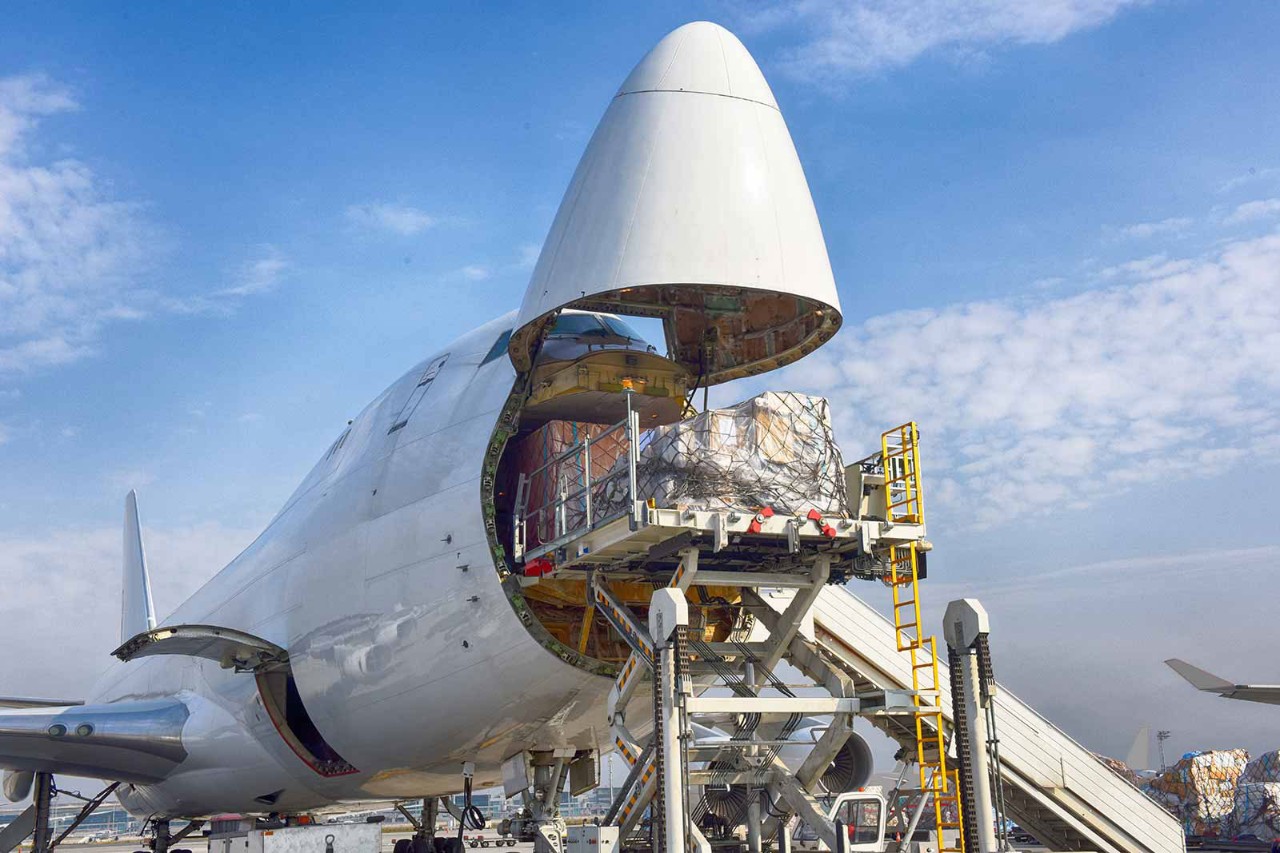
Sustainability assurance
ACCA has published the Rulebook amendments required to allow licensed auditors to act as sustainability assurance service providers (SASPs) if they wish to. (Read this AB article for details on the role.) The main changes are in Annex 2 (Additional Practising Regulations for the Republic of Ireland) of the Global Practising Regulations, which implement new Sustainability Assurance Regulations 2024 in Ireland.
Read the commentary on all of the changes to the Rulebook.
It is expected that most auditors will wait until summer 2025 to obtain their SASP licence as it is not likely to be needed until early 2026. A very small cohort of members providing sustainability assurance to large, quoted companies will require the licence immediately for assignments in early 2025.
Sustainability standard
The International Auditing and Assurance Standards Board (IAASB) has published ISSA 5000, International Standard on Sustainability Assurance 5000, General Requirements for Sustainability Assurance Engagements. This is a comprehensive, standalone standard suitable for any sustainability assurance engagement. It will apply to sustainability information reported across any sustainability topic and prepared under multiple frameworks.
In due course this standard will be adopted by the Irish Auditing and Accounting Supervisory Authority (IAASA) for use in Ireland by SASPs. Until it is so adopted, IAASA has prescribed that ISAE (Ireland) 3000 be used by sustainability assurers.
Non-EU reporting
From 2028 (for reporting in 2029), certain Irish incorporated subsidiaries or branches of non-EU companies, which are not already in scope by virtue of their size, will be required to report on their sustainability, if the net turnover of the group in the EU exceeds €150m. (Other criteria also apply.)
Sustainability reporting will apply to more companies than must use IFRS Standards
Such companies will report under a standard that the European Financial Reporting Advisory Group hopes to finalise in an exposure draft before the end of this year. It is expected that there will then be the usual three-month consultation in early 2025 with a view to adoption by the end of 2025.
ESRS implementation
Accountancy Europe has increased the number of guides that it provides to assist preparers in complying with European Sustainability Reporting Standards (ESRS). The guides now include materiality assessments, valuer chain and interoperability (with the ISSB S1 and S2 standards).
Education
On 1 November, IAASA hosted a conference at Maynooth University entitled ‘Integrating Sustainability Reporting and Assurance into Accounting Education’. Videos and slides from the event are available. Sustainability reporting will apply to more companies than must use IFRS Standards.
More than 1,000 companies have referenced the ISSB in their annual reports
ESRS are also an extensive set of rules that will be a challenge to teach, and the event was welcomed by the academics attending. ACCA held a similar event some months earlier, which can be watched on demand.
Reporting
ISSB has reported that more than 1,000 companies have referenced the International Sustainability Standards Board (ISSB) in their annual reports and 30 jurisdictions are making progress towards introducing ISSB Standards in their legal or regulatory frameworks.
Based on a sample of 3,814 public companies in fiscal year 2023, 82% disclosed information in line with at least one of the 11 disclosures recommended by the Task Force on Climate-related Financial Disclosures, and 44% in line with at least five.
Six sectors accounted for 79% of greenhouse gas emissions in 2022
CO2 emissions
The Central Statistics Office has published a report on Ireland’s CO2 emissions. Key findings are that six sectors accounted for 79% of greenhouse gas emissions in 2022:
- Agriculture accounted for 39% of emissions, 1% of gross value added and 4% of employment in 2022.
- The information and communication sector made up 3.5% of emissions, 17.4% of gross value added and 6.5% of employment in 2022.
- Households accounted for 23% of emissions, with fossil fuels used for household heating, transport and electricity.
- Manufacture of cement and other non-metallic minerals accounted for 6% of emissions in 2022.
- Land transport accounted for 4% of emissions in 2022.
- Electric vehicles comprised 1.6% of licensed private cars in 2022.
More information
Check out the resources at ACCA’s sustainability hub


